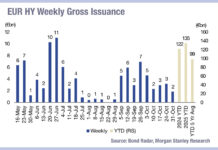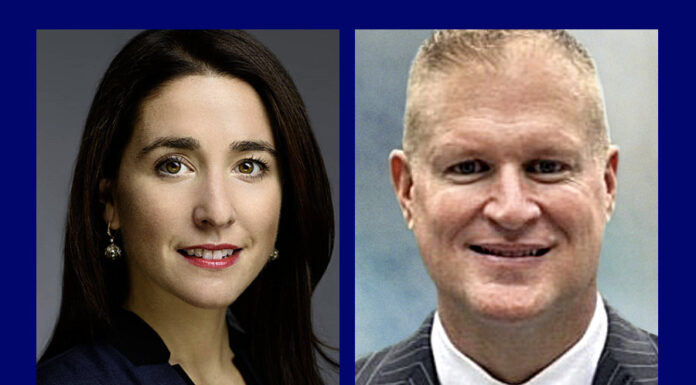The Fixed Income Leaders’ Summit launched with practical lessons from buy-side traders on how to handle the very different trading conditions seen in 2020, moving from between very volatile markets and
“We have to be able to [move] trading from the old school to the new school,” said Michelangelo Gigante, head of Execution Desk at Eurizon Capital. “It will be very important to stay flexible; three won’t be a silver bullet to finding liquidity in the fixed income space.”
Kevin Flood, lead fixed income dealer at Royal London Asset Management, said, “It’s really shown how important having a strong dealing desk is. If you have got an adaptable dealing desk with a skill set that can flip the screen, at a time of relatively low volatility you are bringing in things like auto-execution, efficiencies in the dealing process and dealer capabilities. Then you have the ability to flip over and bring some experience and expertise when the market is a lot more volatile.”
For BlackRock this required closer work between the teams responsible for high- and low-touch trading.
Sid Swaminathan, head of Core Portfolio Management in EMEA for BlackRock said, “Because we had a few senior traders that were handling the low touch desk and had done this for several years, we were able to quickly train up the other traders to do high touch trading, and we were able to quickly import them over to help us out on the high touch side. We need to just enforce that going forward as a formal training programme.”
Flood concurred on this point, while noting that having open communication lines between trading and portfolio management is equally key to supporting
“You need to hire the right people, allow cross training to happen, you need to work closely with portfolio managers… They want as much feedback from you as you are getting from them, so I think it’s very important that you have that line of communication open.”
Access to different liquidity providers has also proven invaluable for big asset managers as they sought to overcome a withdrawal of risk trading by many sell-side participants in March.
Dan Veiner, global head of fixed income trading BlackRock, said, “We have seen this fascinating trend with the proprietary trading firms (PTFs) where they have become much more sophisticated, and fluent in the underlying corporate bonds, for example. They have become an incredibly powerful source of liquidity, but they started in exchange-traded funds (ETFs). I think of these PTFs as bridging the gap of liquidity from ETFs into the underlying bonds and back and forth to end participants. Some of the banks do a nice job of it too, but a lot of these PTFs have become incredibly relevant for the bond world.”
Rick McVey, CEO of market operator MarketAxess concurred on that point, noting, “Even three or four years ago it was rare to see ETF shares traded on dealer corporate bond desks, and it is was also rare to see institutional investors using them for a short term risk transfer. Now it’s just the opposite, almost every serious market participant has embraced ETF share trading, and in my opinion it was a key piece of the liquidity model through the crisis in Q2.”
Nevertheless, Gigante observed that having traditional dealers providing access to balance sheet and risk transfer was crucial to managing liquidity.
“It is a very tough time and you cannot survive without a good relationship with dealers,” he said.
In addition to flexibility over the shorter term, Flood made it clear that buy-side trading desks needed to reach out and explore alternative execution arrangements be it through new venues or counterparties so no stone was left unturned when looking for liquidity in tough markets.
“We are looking at alternative liquidity sources be it all to all trading, dark pools, auctions, new liquidity providers coming into the market,” he said. “That’s something we are always looking to do and to add to.”
©Markets Media Europe 2025













